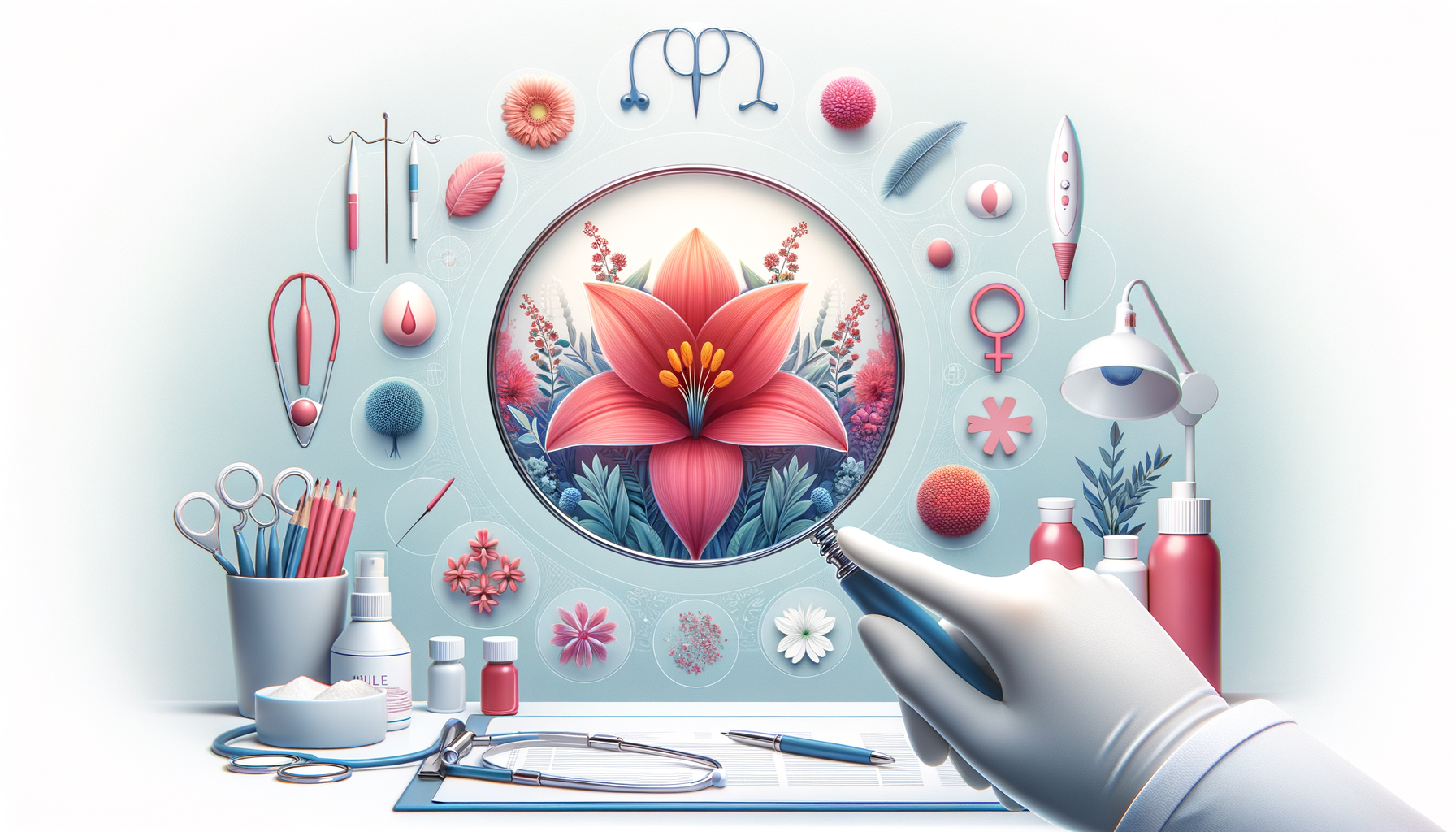The Importance of Vulvar Health
Vulvar health is a topic that often goes unspoken, yet it is an essential aspect of overall well-being. The vulva, which includes the external parts of the female genitalia, plays a crucial role in protecting the internal reproductive organs from infections and injuries. Maintaining vulvar health involves understanding its anatomy, recognizing signs of potential issues, and adopting habits that promote hygiene and comfort.
One of the primary reasons vulvar health is important is due to its role in preventing infections. Conditions such as bacterial vaginosis, yeast infections, and sexually transmitted infections (STIs) can all affect the vulva, leading to discomfort and potential complications if left untreated. Regular check-ups with a healthcare provider can help in early detection and management of these conditions.
Furthermore, vulvar health is intimately connected to sexual health and confidence. Discomfort or pain in the vulvar region can significantly impact one’s sexual experiences and self-esteem. By prioritizing vulvar health, individuals can enhance their quality of life and engage in sexual activities more comfortably and confidently.
Recognizing Signs of Vulvar Health Issues
Being attuned to the signs of vulvar health issues is key to early intervention and treatment. Common symptoms that may indicate a problem include itching, burning, unusual discharge, and pain during intercourse. While these symptoms can arise from a variety of causes, they should never be ignored.
Itching and irritation can result from allergic reactions to personal care products, clothing materials, or even laundry detergents. In some cases, these symptoms might be indicative of infections such as yeast infections or STIs. It’s crucial to consult a healthcare provider for an accurate diagnosis and appropriate treatment.
Unusual discharge, particularly if it has a strong odor or is accompanied by other symptoms, can be a sign of bacterial vaginosis or an STI. Pain during intercourse, known as dyspareunia, may also signal underlying health issues such as vulvodynia or endometriosis. Keeping track of these symptoms and discussing them with a healthcare provider can lead to effective management and relief.
Steps to Maintain Vulvar Health
Maintaining vulvar health involves adopting a few simple yet effective habits. First and foremost, practicing good hygiene is essential. This includes washing the vulva with water and mild soap, avoiding harsh chemicals or douches, and wearing breathable, cotton underwear to reduce moisture buildup.
Diet and hydration also play a role in vulvar health. Consuming a balanced diet rich in vitamins and minerals supports overall health, while staying hydrated helps maintain the natural lubrication of the vulva. Additionally, avoiding irritants such as scented products, tight clothing, and prolonged exposure to wet clothing can prevent irritation and discomfort.
Regular gynecological check-ups are another crucial step in maintaining vulvar health. These visits allow healthcare providers to monitor any changes, provide vaccinations such as the HPV vaccine, and offer guidance on safe sexual practices. By taking proactive measures, individuals can protect their vulvar health and enjoy a better quality of life.
The Role of Education and Awareness
Education and awareness are powerful tools in promoting vulvar health. Many individuals lack knowledge about vulvar anatomy and the importance of its care, leading to misconceptions and neglect. Comprehensive sexual education programs that include information on vulvar health can empower individuals to take charge of their well-being.
Awareness campaigns and resources provided by healthcare organizations play a vital role in disseminating information about vulvar health. These initiatives can help dispel myths, reduce stigma, and encourage open conversations about sexual and reproductive health. By fostering a culture of awareness, society can create an environment where individuals feel comfortable seeking help and discussing their concerns without shame.
Furthermore, peer support groups and online forums can offer a sense of community and understanding for those dealing with vulvar health issues. Sharing experiences and advice can provide comfort and encouragement, highlighting the importance of support networks in managing health challenges.
Conclusion: Empowering Individuals for Better Health
Taking control of vulvar health is an empowering step towards overall well-being. By understanding the importance of vulvar health, recognizing signs of potential issues, and adopting preventive measures, individuals can lead healthier and more fulfilling lives. Education and awareness are key components in this journey, enabling individuals to make informed decisions and seek appropriate care.
As society continues to break down barriers and address stigmas surrounding vulvar health, more individuals will feel empowered to prioritize this aspect of their health. Through open dialogue, education, and support, we can create a future where vulvar health is recognized as an integral part of overall health and well-being.




Leave a Reply